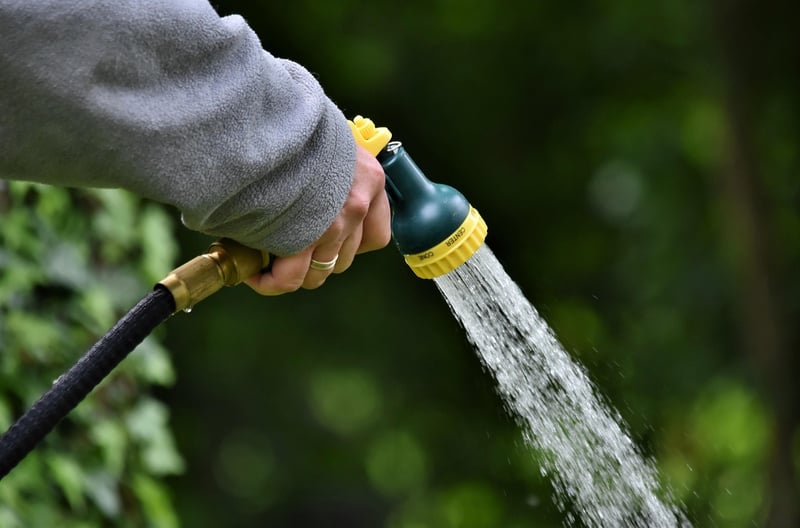Watering Techniques
Essential Advice for Successful Gardening + Watering Techniques
Introduction
Gardening is a rewarding hobby that brings beauty and joy to your surroundings. To ensure successful gardening, it's essential to understand some key principles and techniques. One crucial aspect of gardening is proper watering, which directly impacts the health and growth of your plants. In this article, we will provide you with essential advice for successful gardening and explore various watering techniques to help you cultivate a thriving garden.
1. Choose the Right Plants
Before starting your garden, research and select plants that are well-suited to your climate, soil type, and available sunlight. Choosing the right plants will increase the likelihood of a successful garden and reduce the effort required to maintain them.
2. Prepare the Soil
Healthy soil is the foundation of a successful garden. Test your soil to determine its pH level and nutrient content. Amend the soil with organic matter such as compost or manure to improve its structure and fertility, providing an ideal environment for plant growth.
3. Provide Adequate Sunlight
Most plants require sunlight to photosynthesize and grow. Ensure that your garden receives an adequate amount of sunlight each day based on the light requirements of your chosen plants. Consider the sun exposure in different areas of your garden when planning plant placement.
4. Implement Proper Watering Techniques
Watering is crucial for plant growth, but overwatering or underwatering can harm your plants. Here are some watering techniques to help you maintain optimal soil moisture:
- Watering Frequency: Water plants deeply but less frequently to encourage deep root growth.
- Watering Time: Water early in the morning to reduce evaporation loss and prevent fungal diseases.
- Watering Methods: Consider using drip irrigation or soaker hoses to deliver water directly to the roots.
- Monitor Soil Moisture: Check the soil moisture regularly to adjust your watering schedule based on plant needs.
5. Mulch Your Garden
Applying mulch to your garden helps retain soil moisture, suppresses weed growth, and regulates soil temperature. Use organic mulches such as wood chips, straw, or leaves to improve the health of your garden beds.
6. Practice Regular Maintenance
Regular maintenance tasks such as weeding, pruning, and fertilizing are essential for the overall health and appearance of your garden. Stay on top of these tasks to prevent issues and promote plant growth.
Conclusion
By following these essential tips for successful gardening and mastering proper watering techniques, you can create a vibrant and flourishing garden that brings you joy and satisfaction. Remember to observe your plants regularly, adjust your care routine as needed, and enjoy the beauty of your hard work.

For more gardening tips and inspiration, visit Royal Horticultural Society.
